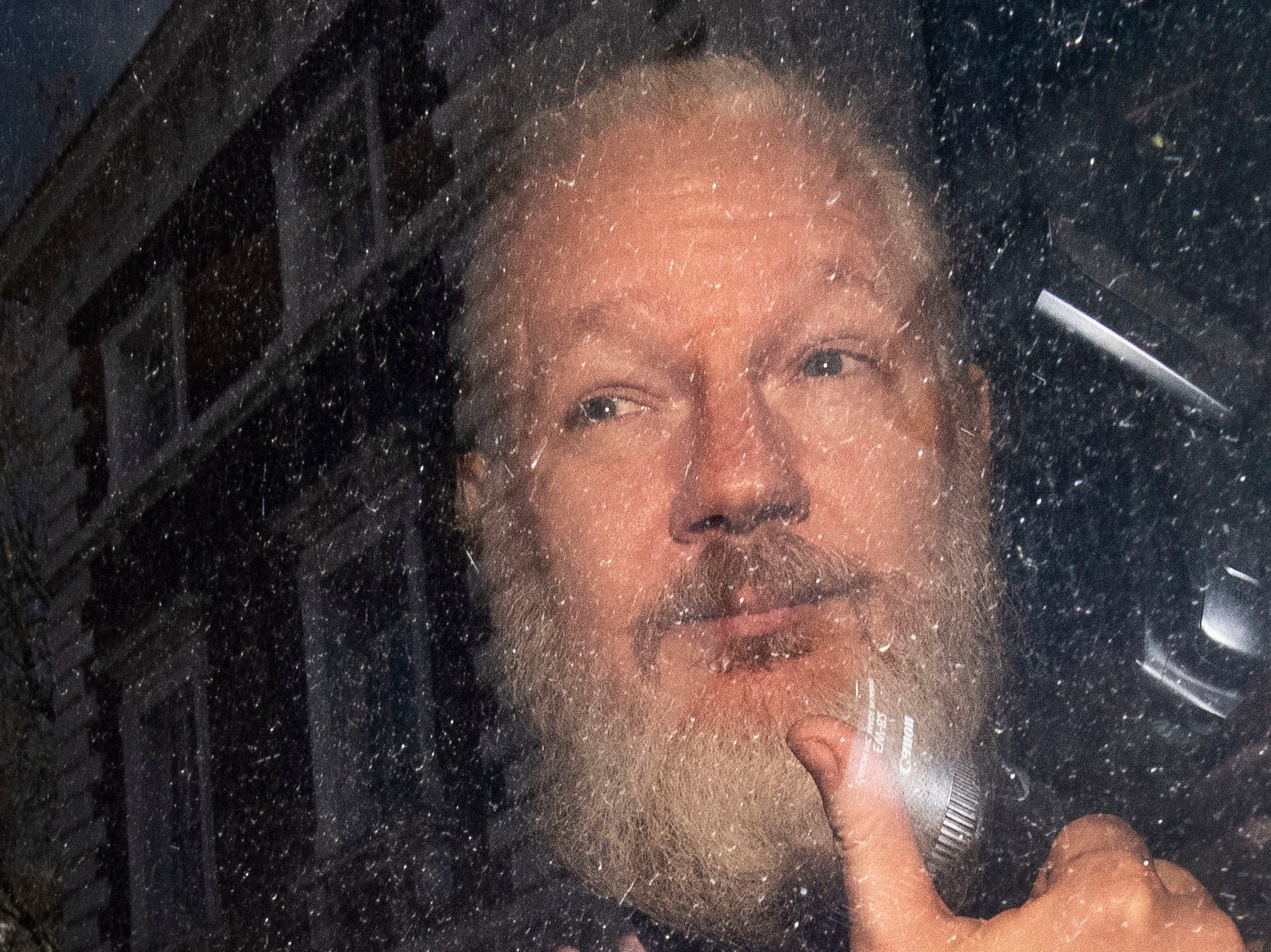
Wikileaks co-founder Julian Assange is set to face US extradition after the Home Secretary gave the move the green light.
The case entered Priti Patel’s jurisdiction as Home Secretary last month after the Supreme Court ruled there were no legal concerns over assurances given by US authorities over how he is likely to be treated.
Assange and his legal team have 14 days to launch an expected appeal against the decision, leading to further battles in court.
Assange, 50, is wanted in America over an alleged conspiracy to obtain and disclose national defence information following WikiLeaks’ publication of hundreds of thousands of leaked documents relating to the Afghanistan and Iraq wars.
Reporters Without Borders told Press Gazette that the “thoroughly shameful” decision marked “another failure by the UK to protect journalism and press freedom” but said the group was going to keep fighting for Assange’s freedom.
A Home Office spokesperson said: “Under the Extradition Act 2003, the secretary of state must sign an extradition order if there are no grounds to prohibit the order being made.
“Extradition requests are only sent to the Home Secretary once a judge decides it can proceed after considering various aspects of the case.
“On 17 June, following consideration by both the Magistrates Court and High Court, the extradition of Mr Julian Assange to the US was ordered. Mr Assange retains the normal 14-day right to appeal.
“In this case, the UK courts have not found that it would be oppressive, unjust or an abuse of process to extradite Mr Assange.
“Nor have they found that extradition would be incompatible with his human rights, including his right to a fair trial and to freedom of expression, and that whilst in the US he will be treated appropriately, including in relation to his health.”
Julian Assange’s wife Stella said: “This is a dark day for press freedom and for British democracy.
“Anyone in this country who cares about freedom of expression should be deeply ashamed that the Home Secretary has approved the extradition of Julian Assange to the United States, the country that plotted his assassination.
“Julian did nothing wrong. He has committed no crime and is not a criminal. He is a journalist and a publisher, and he is being punished for doing his job.
“It was in Priti Patel’s power to do the right thing. Instead, she will forever be remembered as an accomplice of the United States in its agenda to turn investigative journalism into a criminal enterprise.
“Foreign laws now determine the limits of press freedom in this country and the journalism that won the industry’s most prestigious prizes has been deemed an extraditable offence and worthy of a life sentence.
“The path to Julian’s freedom is long and tortuous. Today is not the end of the fight. It is only the beginning of a new legal battle. We will appeal through the legal system; the next appeal will be before the High Court. We will fight louder and shout harder on the streets, we will organise and we will make Julian’s story known to all.
“Make no mistake, this has always been a political case. Julian published evidence that the country trying to extradite him committed war crimes and covered them up; tortured and rendered; bribed foreign officials; and corrupted judicial inquiries into US wrongdoing. Their revenge is to try to disappear him into the darkest recesses of their prison system for the rest of his life to deter others from holding governments to account.
“We will not let that happen. Julian’s freedom is coupled to all our freedoms. We will fight to return Julian to his family and to regain freedom of expression for us all.”
Picture: Victoria Jones/PA Wire
Email pged@pressgazette.co.uk to point out mistakes, provide story tips or send in a letter for publication on our "Letters Page" blog
